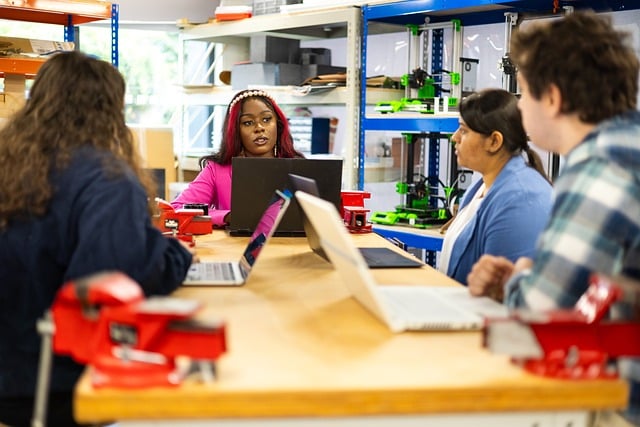In a team setup, the roles that INFPs and INFJs play are influenced by their distinct cognitive functions, values, and working styles.
Here’s how they typically differ:
INFP (Introverted, Intuitive, Feeling, Perceiving): The Idealistic Innovator
- Primary Role:
- INFPs often act as creative contributors or moral compasses within a team. They bring fresh, unconventional ideas and focus on values, authenticity, and harmony. They care about ensuring the team’s goals align with meaningful and ethical outcomes.
- Strengths in a Team:
- Visionary thinking: INFPs generate innovative, big-picture ideas and enjoy brainstorming creative possibilities.
- Empathy and diplomacy: They value inclusivity and can mediate conflicts by helping team members feel heard and understood.
- Adaptability: Their flexible nature allows them to adjust to changing dynamics and contribute in a variety of ways.
- Challenges:
- Avoidance of conflict: They may shy away from confrontation, which can make it difficult to address pressing team issues.
- Struggle with structure: Their dislike for rigid rules or deadlines might make it challenging to thrive in overly structured environments.
- Idealism: They may focus on perfecting ideas or achieving deeply meaningful results, which can delay decision-making.
- Key Contributions:
- Bringing emotional depth and a values-driven perspective.
- Encouraging innovative thinking and fostering a harmonious team atmosphere.
- Example Roles:
- Creative strategist, team culture advocate, content creator, idea generator.
INFJ (Introverted, Intuitive, Feeling, Judging): The Visionary Guide
- Primary Role:
- INFJs often act as strategic planners, mentors, or team organizers. They focus on understanding long-term goals, building a cohesive vision, and ensuring collaboration and emotional alignment within the group.
- Strengths in a Team:
- Big-picture thinking: INFJs excel at seeing how all parts of a project fit together and predicting long-term outcomes.
- Leadership through empathy: They build trust and loyalty by genuinely understanding and supporting team members’ needs.
- Organization and follow-through: Their structured nature helps them create action plans and guide the team toward achieving shared goals.
- Challenges:
- Overcommitting: INFJs often take on too much responsibility to ensure the team’s success, leading to burnout.
- Difficulty delegating: They may hesitate to let go of tasks they believe align with their vision.
- Conflict avoidance: Like INFPs, they dislike confrontation but are slightly more willing to address it for the greater good.
- Key Contributions:
- Synthesizing complex ideas into actionable plans.
- Balancing visionary thinking with practical execution.
- Creating an emotionally supportive environment where team members feel valued.
- Example Roles:
- Project manager, mentor, strategic consultant, team leader.
Comparison in a Team:
| Aspect | INFP | INFJ |
|---|---|---|
| Focus | Personal values and creative ideas. | The overall vision and harmony of the team. |
| Approach | Flexible and adaptable, prefers exploration. | Structured and goal-oriented, prefers planning. |
| Conflict Handling | Avoids it unless deeply aligned with values. | Mediates and resolves for team cohesion. |
| Strengths | Creative innovation, emotional insight. | Strategic planning, empathetic leadership. |
| Potential Role | Brainstorming ideas and fostering inclusivity. | Guiding the team toward long-term goals. |
Summary:
- INFPs thrive in roles where they can bring creativity, passion, and values to the forefront. They work best in environments that allow flexibility and focus on meaningful outcomes.
- INFJs excel in roles where they can guide others, plan strategically, and ensure emotional harmony while pursuing a shared vision.
Both types are invaluable to a team, but they complement each other well: INFPs provide raw creativity and emotional authenticity, while INFJs ensure these ideas are organized and executed effectively.













